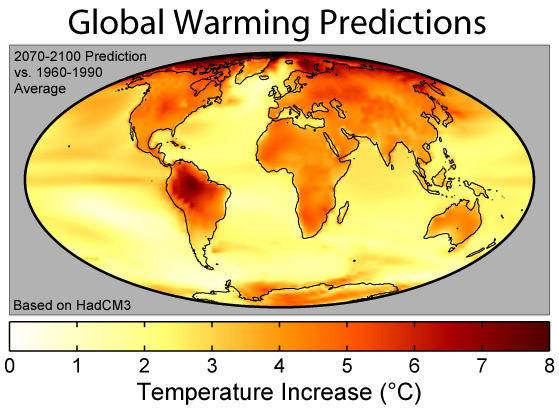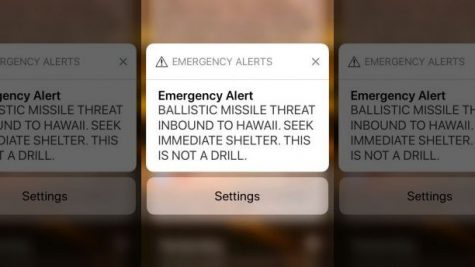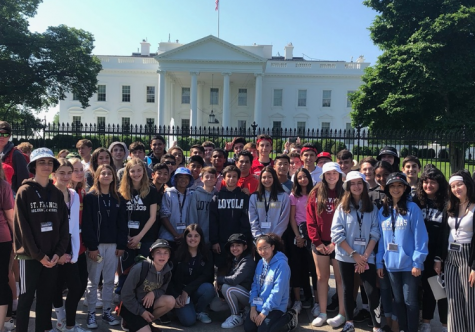Climate Change

Predictions of how much the temperature will rise in the next century.
2014 was the hottest year on record, according to most major weather agencies, including the National Ocean and Atmospheric Administrations (NOAA) and NASA. The surface temperature of the earth was higher than any recorded year, despite the Polar Vortex, which froze the Eastern half of the United States. The only other spots in the world where the temperature was more than two degrees below the average temperature since the beginning of weather-recorded time (the mid-1800s) was part of the North Atlantic and a small area of the south pole. Everywhere else was at or above average, or just below the average temperature. While this is just one year, the weather trends show more about global warming.
This century has contained nine of the ten warmest years on record, with the tenth being 1998. The global temperature has increased at an average of about a tenth of a degree per year in the past 135 years. Since the 1976, there have been zero years in which the global surface temperature has dropped below the historical average, according to NOAA.
Despite these emphatic statistics, there are still doubters. Ted Cruz, a Republican senator from Texas, said that “The last 15 years, there has been no recorded warming. Contrary to all the theories that – that they are expounding, there should have been warming over the last 15 years. It hasn’t happened.” Cruz spoke of the 1970s, when there was uproar over there being a global cooling, and that something needed to be done. Cruz continued by saying that the global warming was just a brief trend. Over the past 15 years, there has been an mean 0.59 temperature raise over the 135 year average.
Besides the temperature rising, there are also other statistics that show global warming. Since 1960, atmospheric carbon dioxide levels have increased by 25%. Carbon dioxide is part of the group of greenhouse gases that absorb sunlight, raising the temperature of the earth. Scientists have many ideas for fixing rising greenhouse gas emissions, but those solutions all raise questions.
Global warming is occurring, and temperatures are rising. Longer and more intense droughts are predicted, and weather patterns will become more extreme. There are many possible solutions to the problem, but for now, the best way to slow global warming down is to conserve energy, which will result in less burning of fossil fuels, and less carbon released into the atmosphere.

Paul is an 8th grader at St. Philip the Apostle School. He participates in track, cross country, basketball, flag football, alter serving, academic decathlon,...












